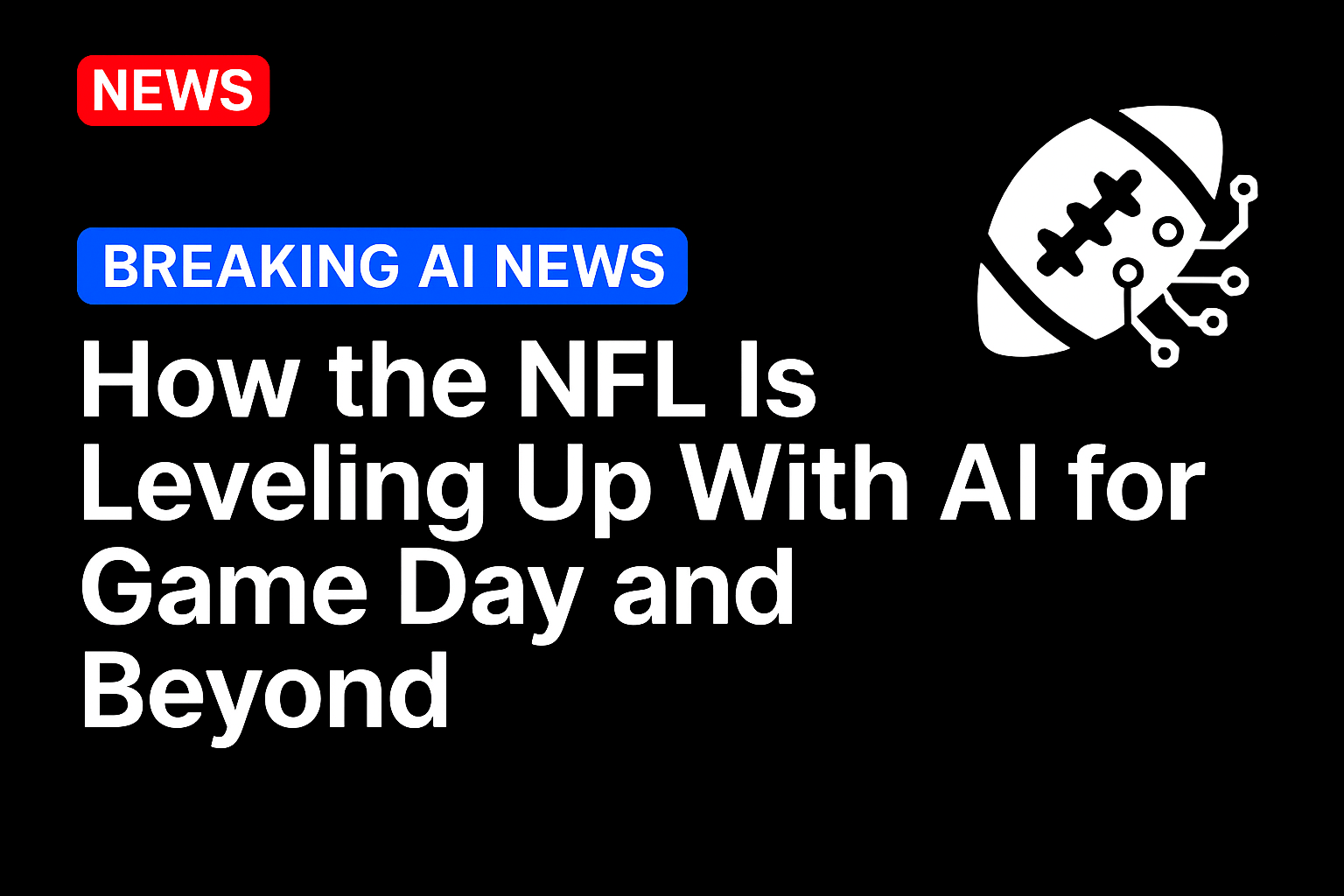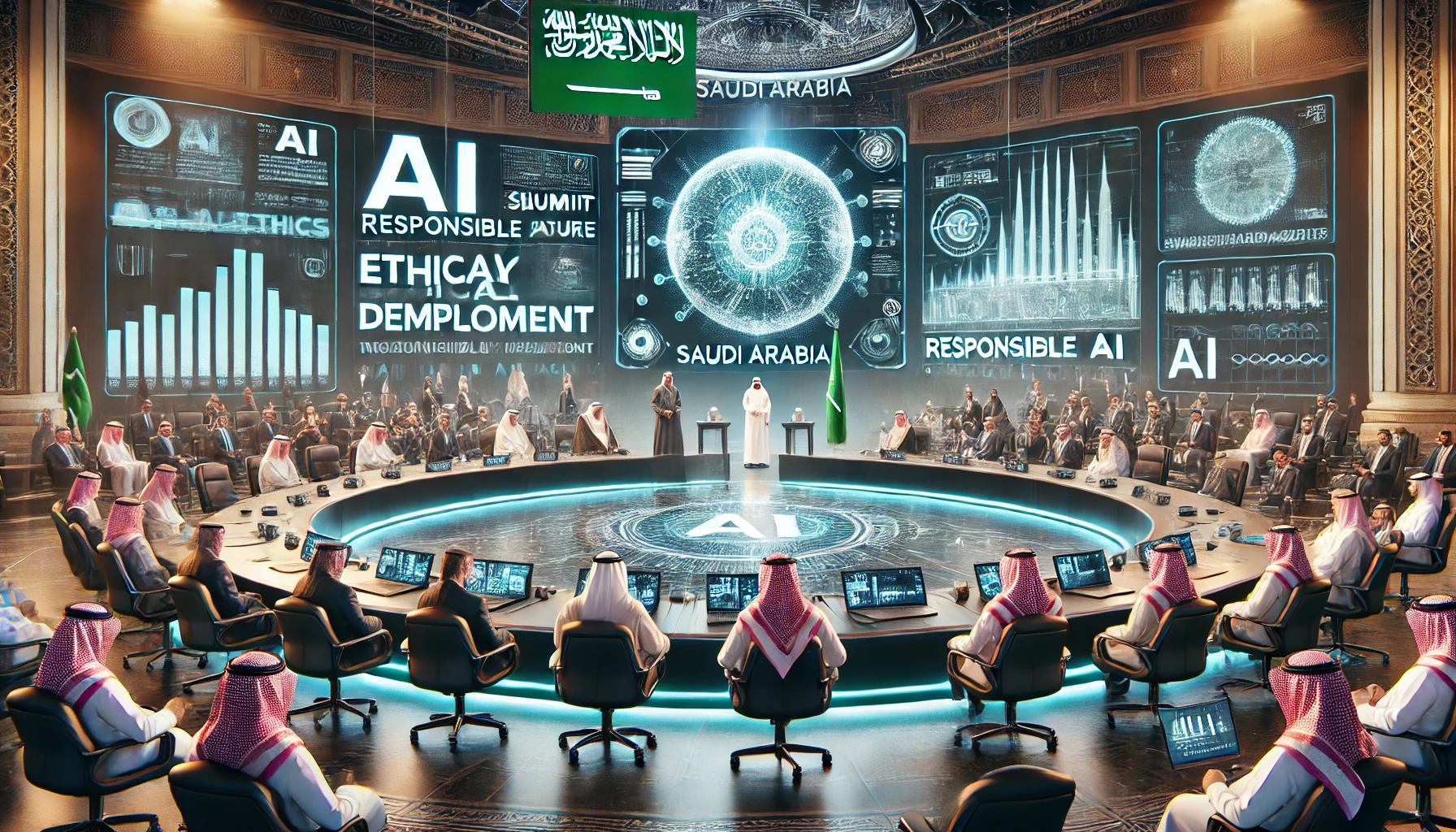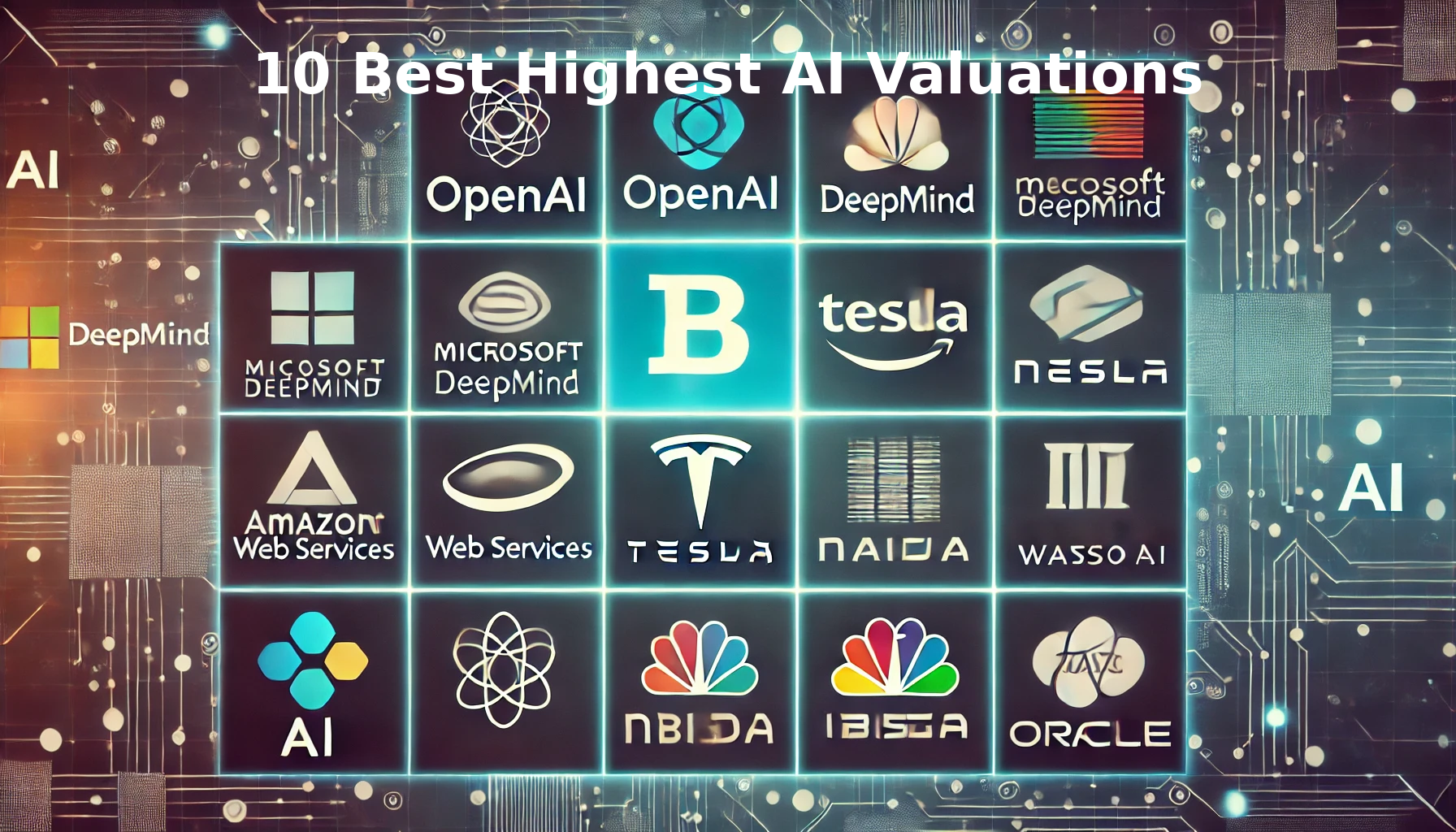The National Football League has expanded its partnership with Microsoft to put new artificial intelligence (AI) tools in the hands of its 32 teams in time for the start of the 2025 football season on Sept. 4.
The multiyear deal will equip all of the NFL’s teams with more than 2,500 Microsoft Surface Copilot+ PCs, upgrading existing sideline devices and giving players and coaches faster access to real-time game data and analysis tools, among other benefits.
“We are entering a new era of innovation at the NFL through our collaboration with Microsoft to deploy AI across key areas of the business,” said NFL CIO Gary Brantley, in a press release. “There are tremendous opportunities to elevate the game day experience for our clubs and deliver an even more compelling product to our fans.”
For decades, football teams have relied on human analysts, photo printouts and video replays for analytics.
In 2014, the NFL digitized this process by using Microsoft Surface tablets and its Sideline Viewing System (SVS), letting coaches and players review plays digitally instead of with binders of pictures.
In the following years, AI has steadily crept into pro football, but mainly for back-office functions, such scouting and player evaluation, predictions of player performance, injury prevention, game scheduling and others.
In 2017, the NFL partnered with AWS, mainly using its AI behind the scenes to track every player and ball using RFID chips and computer vision. AWS’ AI also powered graphics and advanced statistics breakdown fans see on broadcasts. AWS hosted historical play data as well.
What’s new with the NFL-Microsoft agreement is that AI has now moved directly to the sidelines. Coaches and players are using AI-enhanced devices in real time during games, making it an active part of strategy execution rather than just preparation or broadcast analysis.
“We used to do a lot of this work with paper on the sidelines,” NFL Deputy CIO Aaron Amendolia said in a blog post. “We had printers and a big infrastructure to support that. And then we digitized and moved to the Surface device and that was sort of the first step. And now AI and Copilot are going to be very impactful.”
Football is just one of many professional sports leagues adopting AI. These include Major League Baseball with Statcast (Google Cloud) to track pitch spin, velocity, player movements and more; the National Basketball Association for evaluating, training and developing players; U.S. Open, UFC and other sports leagues.
Football Tech Has Come a Long Way
Under the agreement, Microsoft’s SVS is being upgraded with Copilot to let teams filter and analyze plays such as turnovers or penalties automatically, cutting down on manual video review. For example, teams can look at the defensive formation when it forced a turnover to gain insights into why a play turned out the way it did.
But AI is not the one making decisions. Rather, it helps decision-makers get to the data quicker with less manual intervention, Amendolia told CNBC.
Los Angeles Rams coach Sean McVay said each second counts during games. “The game’s not stopping. You have 40 seconds between each play or 25 seconds out of a clock stoppage. These decisions happen quickly,” he said in a blog post. AI “will help you be able to make more consistent decisions that are in alignment with what you want to do … in a game that has so many moving parts.”
McVay, one of the first coaches to adopt sideline tech, said Copilot can shorten film study and give players more recovery time. “If we can really be able to say that the amount of information we want to give to a player can be provided in a digestible manner in 30 minutes as opposed to an hour, well now, that’s 30 minutes he can spend maybe resting and recovering,” he said.
Microsoft said the SVS devices connect to NFL-managed servers and can function in varied environments, from snow in Green Bay, Wisconsin, to overseas games. Microsoft has also provided charging carts with wired ethernet to keep systems running if stadium Wi-Fi fails.
Off the field, Copilot is reshaping scouting and analytics. Team analysts will use a new Excel-based dashboard powered by Copilot to automate charting tasks such as snap counts and player usage. At the 2025 NFL Combine in May, coaches and scouts used Microsoft Azure AI to evaluate more than 300 draft prospects. Clubs are also expected to deploy AI for scouting, salary cap management and business functions.
For McVay, the rapid shift underscores how technology is becoming inseparable from football. “When I look at when I started coaching back in 2008 to where it is now, it’s amazing to me,” he said. “When you look at the accelerated pace at which this is coming into our game and what a prominent part of our game it’s become, it’s important to embrace it. Because you’ll be behind if you don’t.”
Source: https://www.pymnts.com/




